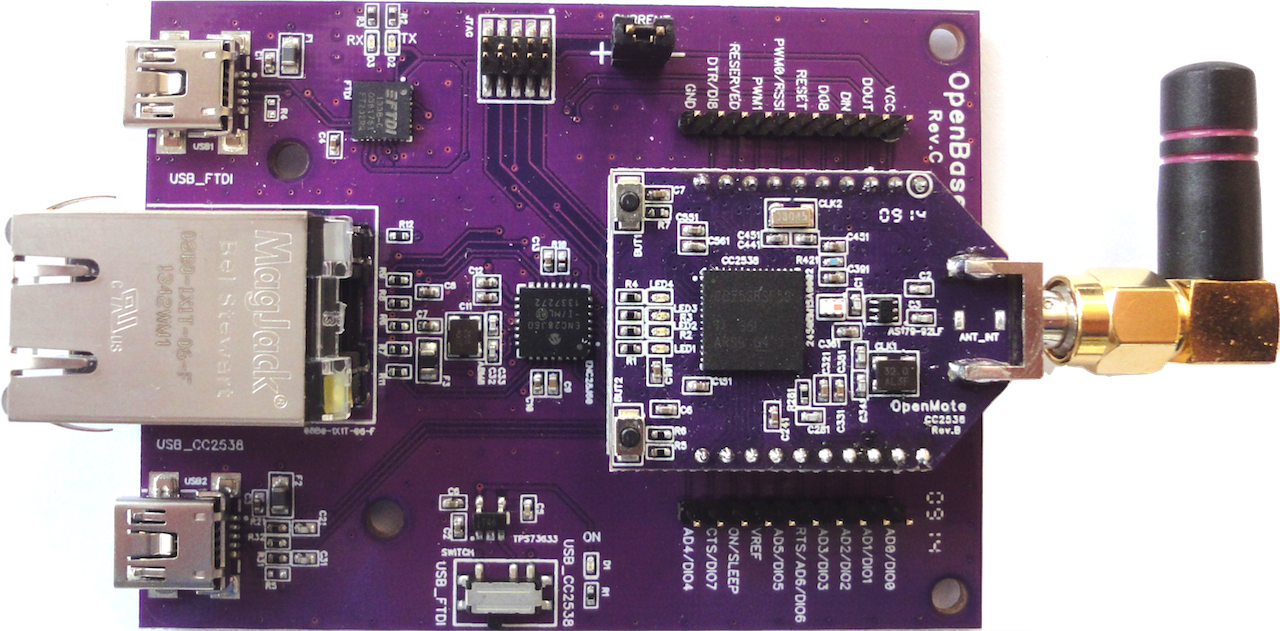|
A Public-key Cryptography Framework for the Internet of Things (M)Status: AbgeschlossenMotivation Novel Internet services are emerging around an increasing number of sensors and actuators in our surroundings, commonly referred to as smart devices. Smart devices, which form the backbone of the Internet of Things (IoT), enable alternative forms of user experience by means of automation, convenience, and efficiency. At the same time new security and safety issues arise, given the Internet-connectivity and the interaction possibility of smart devices with human's proximate living space. Hence, security is a fundamental requirement of the IoT design In order to remain interoperable with the existing infrastructure, we postulate a security framework compatible to standard IP-based security solutions, yet optimized to meet the constraints of the IoT ecosystem. 

Student Role The goal of this thesis is to enable secure End-to-End communication for an embedded resource-constrained device, while incorporating Public-key Cryptography (PKC). To this end, the student should first identify the involved computational and communication overheads, while providing secure End-to-End communication on constrained devices. In the next step the student should integrates the required components on the hardware and software side. As depicted in the above figure, on the hardware side we assume a hardware acceleration engine for cryptographic operations and on the software side header compression and long-lasting secure sessions. We use the recently released CC2538-based sensor nodes. As for the software, we rely on the Contiki OS, which is an open source OS for IoT devices. Contiki comes with a simulation tool named Cooja, which supports development and debugging. Requirements: This project requires interest in security in wireless networks. The student is expected to work with state of the art sensor motes and add end-to-end security features to the Contiki OS for embedded devices. Therefore, he/she should have some basic experience in C/C++ programming and be interested in working with new tools. Also, background in network security, communication and wireless sensor network is helpful but not mandatory. We expect our students to be highly motivated to work on their topics and to cooperate with their supervisors regularly to discuss current progress and next steps. What we offer: This topic will give you the opportunity to learn and practice wide range of research tools in systems and wireless communication research. To speed-up your learning curve we will support you with tutorials and how-tos. We offer you a great work atmosphere, which is both casual and challenging, motivated advisors, and a good coffee machine ;) Where to start reading:
Contact/Ansprechpartner: Hossein Shafagh |
|
|